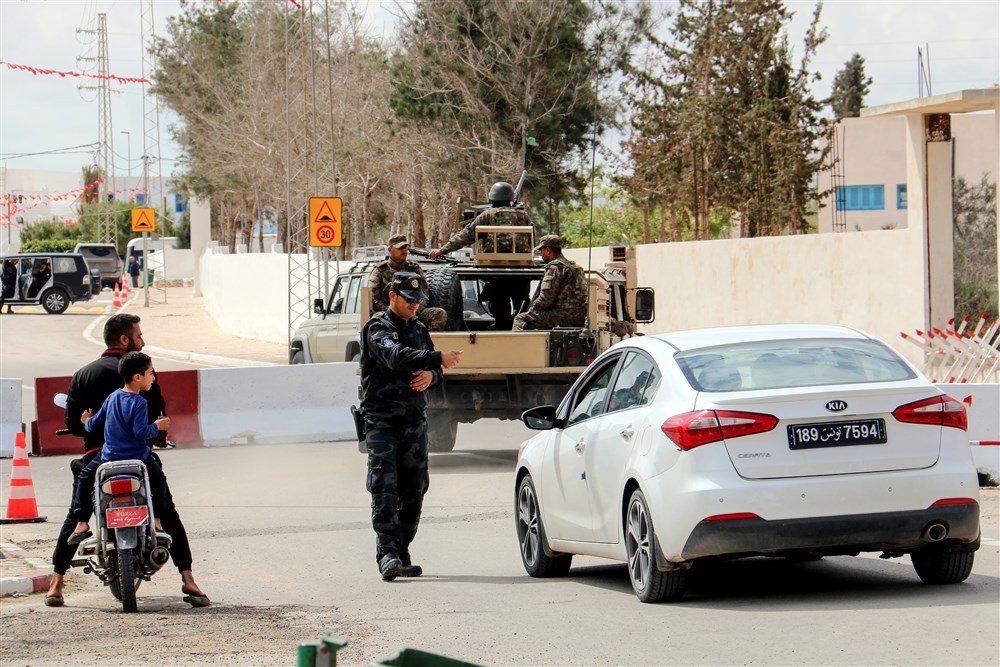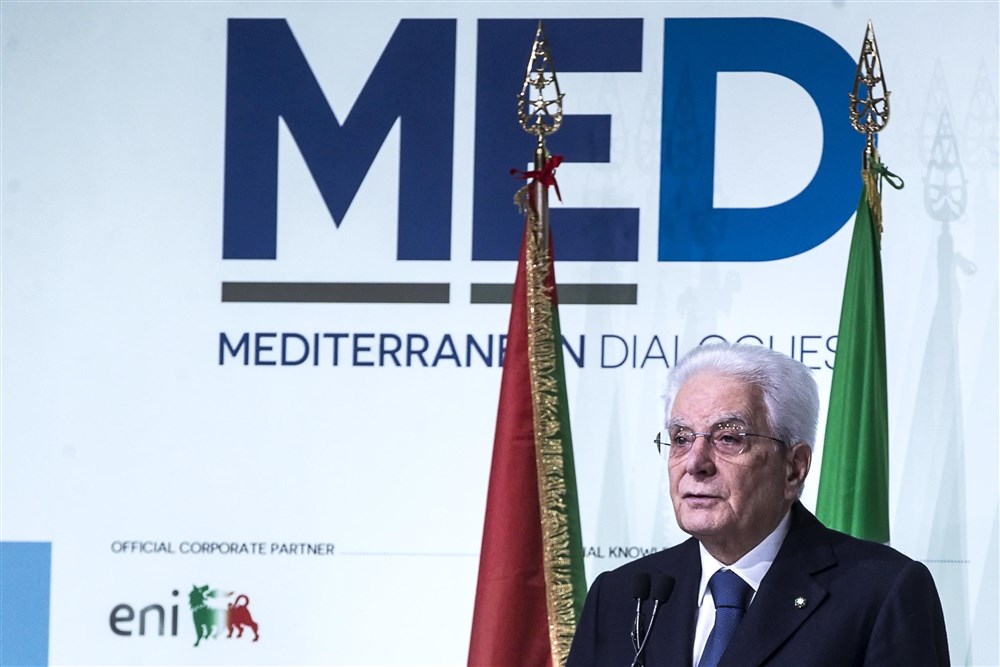The President of Tunisia, Kais Saied, wants to reduce the independence of the country’s central bank, Banque Centrale de Tunisie, in a move that threatens a much-needed $2 billion bailout from the International Monetary Fund (IMF). The plans come under reforms proposed by the government to secure the country’s sovereignty.
Tunisian lawmaker Riadh Jaidane told local media outlet Shems FM the move to limit the central bank’s autonomy is designed to address a systemic failure by the lender’s regulators to manage relations with local banks after it was granted enhanced independence in 2016.
That enhancement was necessary to secure a previous $2.9 billion bailout from the IMF that ultimately failed to rescue the Tunisian economy, with the ensuing austerity measures fuelling widespread public discontent.
But, reiterating Saied’s standpoint, Jaidane stressed the main reason for the proposed plan to reverse the 2016 move was that, following the 2011 revolution that saw the Tunisian economy opened up to international investments, “foreign influences” have caused economic instability due to the required implementation of unpopular economic measures.
Tunisia is suffering under a debt pile that represents almost 90 per cent of its GDP. While it had reached an agreement with the IMF in mid-October for the new $2 billion rescue package, the hard-line Saied is refusing to implement the required reforms, including committing to revamp public bodies and lift subsidies on basic goods.
The IMF has also called for legislation to restructure more than 100 state-owned firms, which hold monopolies over many parts of the economy and in many cases are heavily indebted themselves.
Central bank Governor Marouane El-Abassi opposes Saied’s intransigence regarding the conditions of the IMF bailout. Under El-Abassi, the central bank supports the rescue plan and the measures the government would have to implement to secure the loan.
That is despite the fact that if the central bank’s independence is curtailed, its power and influence in the country would follow suit.
An assembly mainly under the president’s control will review the changes to roll back the central bank’s independence.
“We aren’t against having a strong central bank that plays a role in the national economy and public finances but there needs to be limits,” said Jaidane, stressing the need for “national” and “homegrown” solutions to Tunisia’s problems.
Although the Tunisian 2011 revolution appeared to be a rare success story coming out of the Arab Spring as other countries in the Arab world plunged into brutal civil wars amid rising Islamist extremism and terrorism, the reality at home was starkly different.
Public disapproval in Tunisia grew as a series of post-revolution administrations failed to manage the country’s resources and control foreign economic influences, spurring a crisis of confidence in Tunisian leadership.
Saied attempted a power-grab of Tunisian institutions including the judiciary and election commission following public protests in 2021 over economic hardship made worse by the impact of the Covid-19 pandemic.
According to the Arab Opinion Index, the Tunisian people still have little faith in the country’s current leadership as they increasingly struggle with domestic problems such as food shortages and soaring costs.
Alessandra Bocchi is Associate Editor at Brussels Signal





